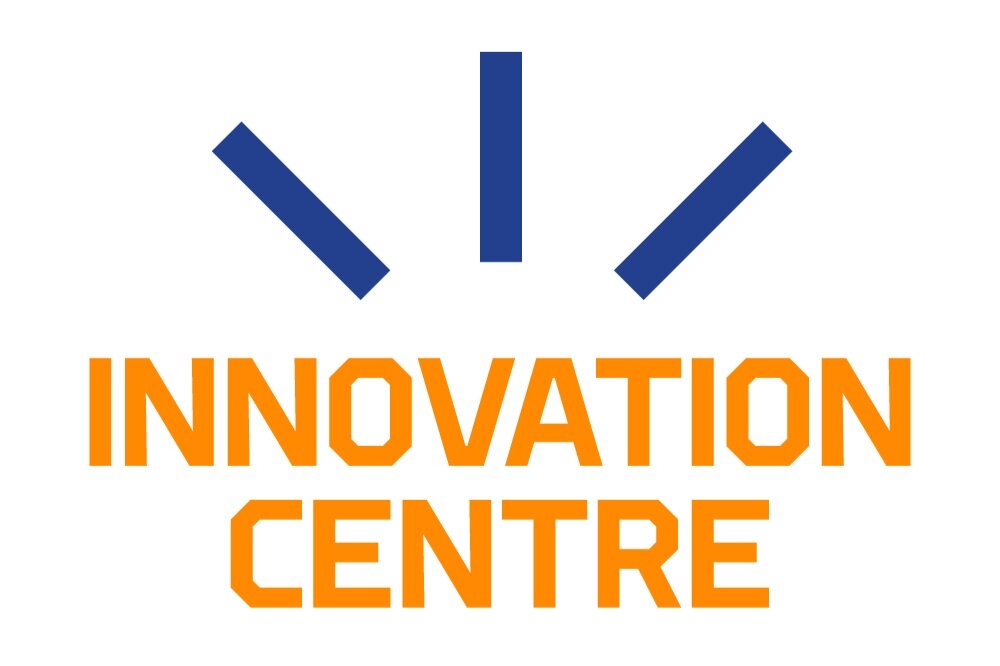“Why was the University Innovation Centre established?”
Written by Niina Karvinen
Where did the idea for innovation activities come from? What level of the process are we at here at the University of Oulu at the moment? And have the operations revealed any trends that we should prepare for in our own day-to-day activities? I interviewed the University of Oulu’s Vice Rector for Cooperation Arto Maaninen.
Where did the idea for innovation activities come from, and why is it important for the University of Oulu to have its University Innovation Centre?
“At the start of my own term of office, back in the spring of 2018, when I was familiarising myself with how the university worked, I noticed that there was a lack of systematic approach and processes in areas such as setting up companies and business cooperation. Innovation services did exist, but the resources were focused almost entirely on managing patent-related matters,” starts Maaninen.
“That made me wonder what would happen if we were to have our own internal organisation to help researchers get their research outcomes commercialised more efficiently,” Maaninen continues. “At the same time, discussion had been growing in the background about universities’ social impact, and how to increase it. In other words, a pretty practical approach to the topic was being taken,” he recalls.
To form a basis from which to work, Maaninen explains that he tentatively began looking into the innovation activities of Aalto University and the VTT Technical Research Centre of Finland’s model, with which he was already familiar through his previous employer organisation. Both offered good practices that could be adopted when it came to planning work, but in terms of size, they were not replicable as they were for use as models for brand-new operations.
Progress during the initial planning work was also inspired by both Oulu University of Applied Sciences’ decision to move to the Linnanmaa campus and the already identified strong regional operations of Oulu Innovation Alliance.
What did it take to transform an idea into something concrete? What were the underlying themes and actions before launching the premise?
The implementation of professionalisation, as Maaninen still somewhat bluntly puts it when referring to starting innovation operations, requires a great deal of groundwork within the organisation.
However, internal discussions produced results relatively quickly, and in November 2018, the University Board granted permission to establish the University Innovation Centre, with operations starting at the beginning of the following year. This same agility remains at the heart of operations and is the aim of everything the centre does.
By professionalisation, Maaninen is referring to the development of the innovation operating model and processes as a change in culture, and to the key role of the University Innovation Centre plays in implementing this new operating practice and anchoring it firmly as part of the university’s basic functions.
What do operations look like today (in comparison to the original idea)?
Where we stand now, more than two years down the line from foundation of the centre, Maaninen believes that operations have adhered to the plans relatively well. Three themes remain at the heart of the centre’s activities: business cooperation, development of business operations, and IPR rights and licensing, all of which have seen smooth and successful progress.
Despite the Covid-19 pandemic, given the results achieved, 2020 was an improvement on the previous year. According to Maaninen, the University Innovation Centre has played a pivotal role here. “Licence revenue is on the rise, as processes have been reinforced and we have been able to direct internal resources more accurately than before. In business development work, i.e. the generation of new businesses, the centre has been successful in creating an operating model that strengthens professional activities. This is particularly evident in the growth of the number of research to business (R2B) projects undertaken with funding from Business Finland. In 2020, a record number of new projects at the University of Oulu were successful in being granted funding – six in total.
The target for the future of business operations development work is seven R2B projects a year. And although at the innovation operations planning stage, new companies arising from research were one of the first elements identified, the aim is not to seek year-on-year growth in the number of companies established. “Our task is not just creating companies – we are also training top experts and carrying out world-class research and innovation activity. However, the new companies created as a by-product of this are a significant element in our social influence,” Maaninen says.
The university’s faculties have made innovation operations their own and are playing a key role in this change of culture. The newly organised business cooperation leads to good results almost without exception, as the work is carried out together.
Maaninen believes that at its best, cooperation can be empowering and enrich research. “Working with businesses strengthens research activities for both parties. The companies’ needs tell us that we are doing high-quality research with a tangible social impact. And correspondingly, we can tell companies where to target their product development work next, based on the silent signals in response to the research.” As a scientific organisation we have our own clear role, and business cooperation enriches that.
And looking to the future, what is next for innovation operations?
“In the future, innovation activities will clearly form part of university operations alongside teaching and research, and in part due to funding models, their significance will continue to grow,” Maaninen says.
In Maaninen’s view, innovation operations will grow in particular in terms of business cooperation. In terms of volume, business development work and IPR work will remain even more stable. On a national scale, Vice Rector for Cooperation Arto Maaninen hopes that Oulu will continue to be recognised for its innovation activities in the future.
Niina Karvinen
Business Development Specialist
+358 50 430 9116, niina.karvinen@oulu.fi
Human Sciences; commercialization of research results, Proof-of-Concept and Business Finland R2B -fundings, EIT, student business ideas, coaching, entrepreneurship trainings, innovations.



